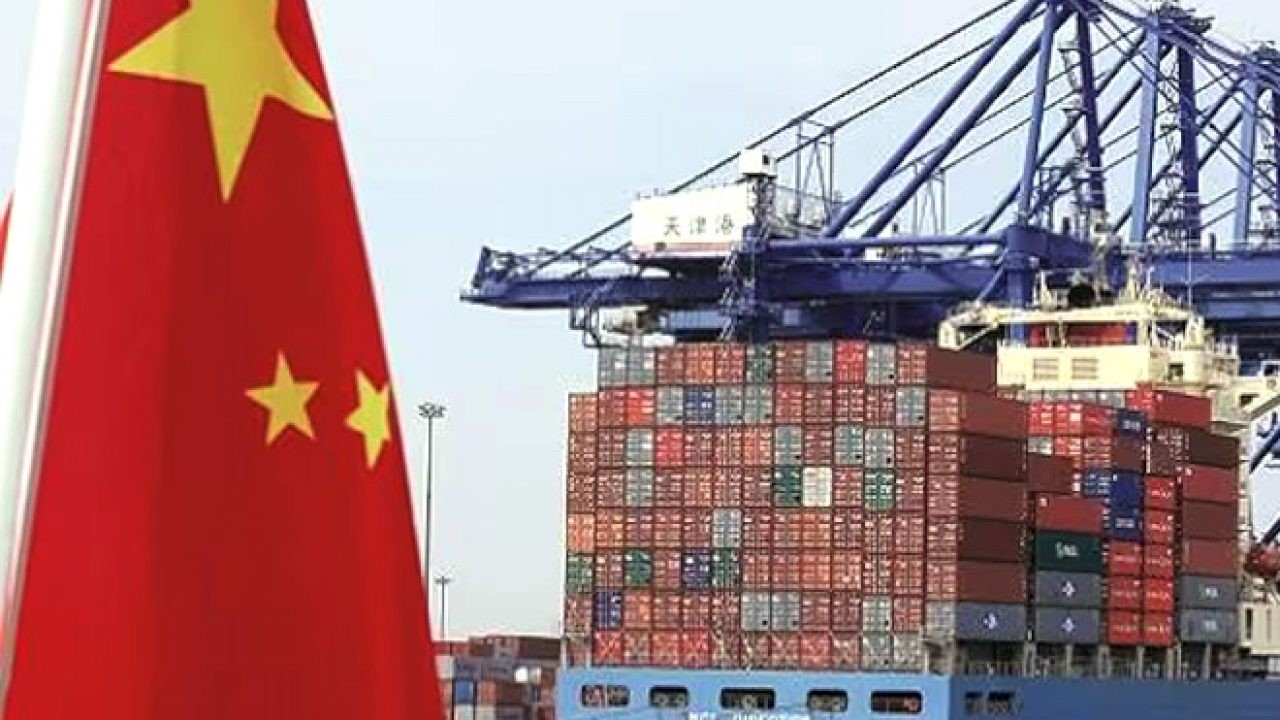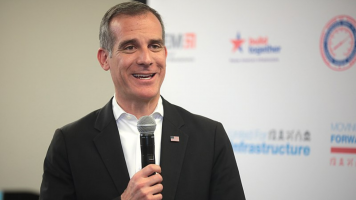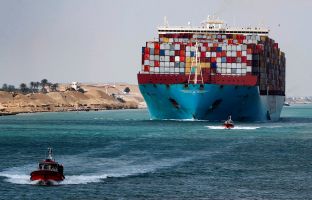Blog Detail
Russia's Transition to the 1.6 Billion Asian Market, Attracting Investment from India, China, and Other Countries

The Eastern Economic gathering is an annual global gathering hosted in Vladivostok, Russia, to encourage investment in Russia's Far East. The conference has been a platform for host Russia and international trade partners India, China, Laos, Mongolia, and ASEAN states to discuss strategic concerns since its formal inception.
President Putin presented a blueprint of Russia's trade finance service towards Asia, particularly with China, Japan, Korea, India, and the ASEAN states, as well as Russia's Arctic goals, at the 8th Far Eastern Economic Forum between September 10 and 13.
Russia's Strategic Priority Is the Far East
President Putin emphasized the strategic importance of Russia's Far East, saying that development of the Far East is an absolute priority for Russia, a direct priority for Russia as a whole for the entire twenty-first century, because it is a huge region with a small population but huge potential. Of undoubtedly the government has a strategic interest in this.
As a result of the conflict in Ukraine, the European Union (EU), Russia's primary market for energy exports and source of export-based revenue, has imposed a series of increasingly punitive sanctions, including the disconnection of leading Russian financial institutions from SWIFT and the prohibition of all seaborne crude oil and petroleum product imports from Russia.
However, Russia increased commerce with nations where it can sell and ship goods, primarily China and India. In the first six months of this year, Russia's trade finance service with Asia-Pacific countries increased.
The 1.6 billion market is appealing
President Putin stated that international trade with the APR (Asia Pacific Region) countries and economic relations in general will expand further because Russia and its Far East are open to strengthening trade and cooperation ties. The value of such collaboration cannot be overstated. This time, Russia is attempting to replace the 450 million-strong European market with a 1.6 billion-strong Far Eastern market.
Russia has begun to offer a package of fiscal incentives to encourage companies to invest in its oil resources in Eastern Siberia and the Far East region, including free land, the establishment of a massive tax-free zone across Arctic Russia, special economic zones offering corporate and individual income tax breaks, and reduced utility services.
Despite China's advances in the region, Moscow has been eager for India to make significant investments. The sea route between Vladivostok and Chennai has been reopened by India. Indian Prime Minister Narendra Modi has announced a US$ 1 billion Line of Credit for the Russian Far East under the Act Far East Policy.
India Is Likely to Be a Key Partner in Russia's Far East
Sonowal mentioned the Northern Sea Route and the establishment of a trans-shipment center in the Bay of Bengal during his speech at the Eastern Maritime Corridor conference. Despite enormous mineral and marine resources, the Russian Far East remains economically underdeveloped. President Putin stated at the EEF, "It is necessary to talk not only about the development of mineral resources; here, it is necessary to build even more enterprises to process industrial raw materials to increase the added value." We will work on it; we will enhance aircraft and shipbuilding; and we will engage in boosting industrial production throughout a wide range of sectors.
Russia's Focus Turns to Asia-Pacific
Given the polarization of geopolitics as a result of the Ukraine conflict and the issues Russia faces as a result of economic sanctions, a shift in focus to Asia-Pacific as a market and a leading investor is on the horizon. In the year since the last EEF, Asian countries' interest in Russian enterprises has skyrocketed, as has their willingness not just to talk but also to take tangible action.







